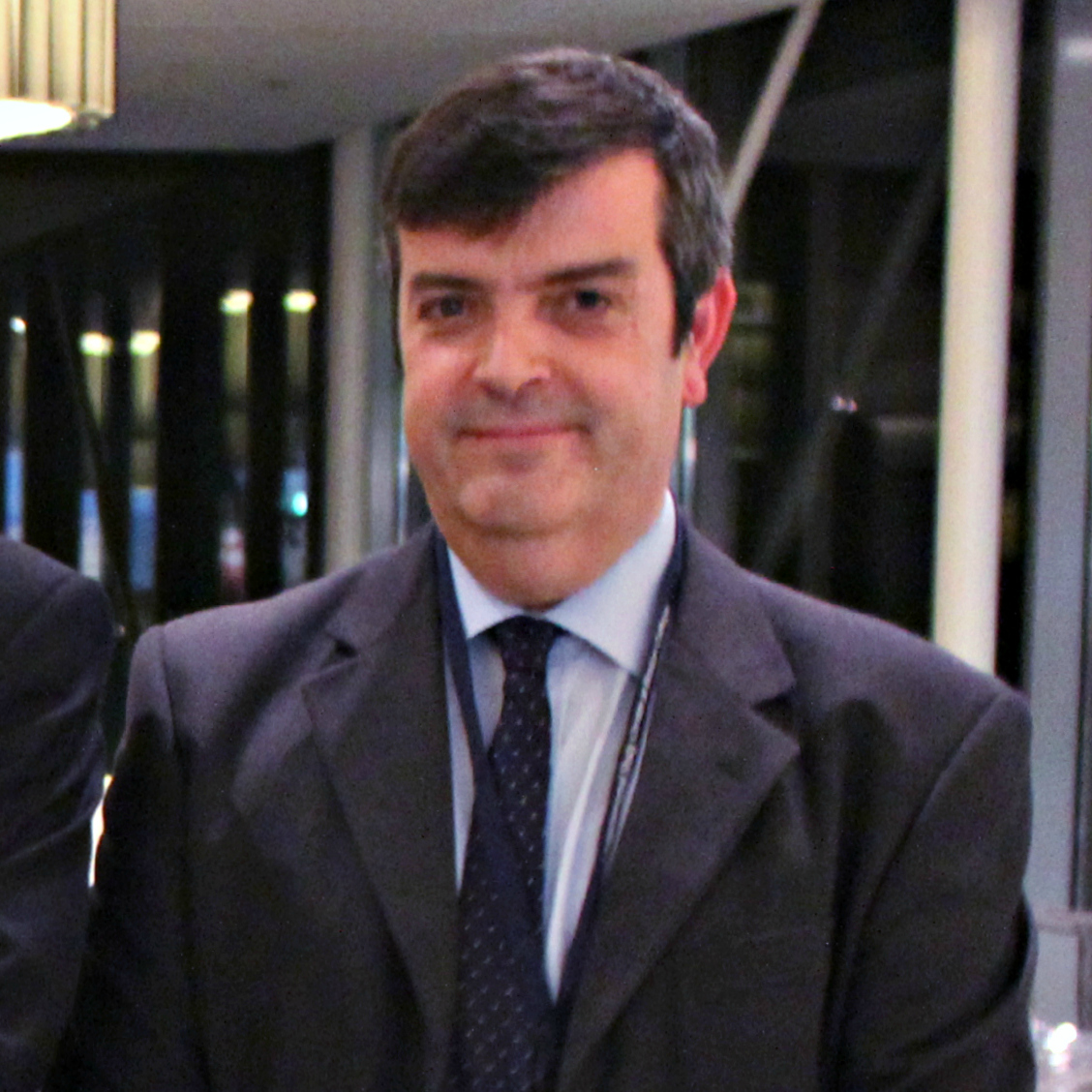Spotlight: Portugal

In this series, we feature participating countries and their achievement and involvement in TIMSS and PIRLS. Portugal is participating in TIMSS 2015, TIMSS Advanced 2015, PIRLS 2016, and ePIRLS 2016. Above: The historical Castle of the Moors stands in the distance in Sintra, Portugal.
Portugal is renowned for its architectural and scenic beauty, its wines, and a history of enterprising and inquisitive minds that struck out during the Age of Discovery. In a nation that prizes that tradition of learning, educators have seen student achievement rise in recent years but continue to evaluate and seek ways to improve.
Dr. João Marôco, who sits on the Board of Directors at the Instituto de Avaliação Educativa, I.P. and is Portugal’s National Research Coordinator for TIMSS and PIRLS, shared thoughts on what Portugal has learned from previous assessments, and what his country hopes to learn from TIMSS and PIRLS for 2015 and 2016.
TIMSS 2011 showed Portugal that more attention was needed in mathematics and reading at the fourth grade, Marôco said, adding that the impact of TIMSS was so big that it led to a revised curriculum that will start this year, and will be based on the TIMSS framework.
TIMSS 2011 also showed that between 1995 and 2011, Portugal raised its levels in mathematics and science achievement at the fourth grade, and showed improvement at all four TIMSS International Benchmarks.
Mathematics and language are the primary areas of focus for education leaders, Marôco said. The country invests heavily in advanced mathematics as well, since it is important for all the sciences. Among secondary students in Portugal, 55 percent choose to study science and engineering, he added.

Dr. João Marôco
The desire to instruct students well for careers in science, technology, engineering, and mathematics, commonly referred to as the STEM fields, contributed to Portugal’s decision to participate in TIMSS Advanced for the first time for 2015.
“We have lots of students who get college degrees in those fields outside Portugal, so it was important to make sure those students were well prepared to get their degrees in different countries,” Marôco said.
He asserted his primary interest in participating in TIMSS and PIRLS is not Portugal’s position in international rankings.
“We want to look at the countries getting the best results and see the school and family characteristics that can explain their better performance, and see what changes we can propose in educational policies,” Marôco explained, referring to the contextual data collected by TIMSS and PIRLS about characteristics of students’ school and home lives. “So our students can improve their results, and our teachers can get a better job done. And that to us is more important than to be ranked in whatever position we did.”
He also would like to see how results from TIMSS and TIMSS Advanced correlate with the results in Portugal’s national exams, “to get our national exams validated with the external criteria in the TIMSS and TIMSS Advanced results.”
Portugal also is participating in ePIRLS, IEA’s computerized reading assessment that is new for 2016, and Marôco is eager to see the results. He pointed to the Magellan Initiative, a program named for the famed Portuguese explorer that the government hoped would improve computer literacy. The initiative provided laptops to students at a subsidized price in 2008.
“The outcome was not very positive because we believe that students were not ready yet, and teachers, mainly teachers, were not ready to use the technology in the classroom,” he recalled. “When ePIRLS came along, we thought it would be a very good opportunity to check if our students are now ready to use technology in the classroom, and ready to retrieve information from digital sources.”
ePIRLS will be conducted across Portugal, with 220 schools participating, and some 4,000 to 5,000 students at the fourth grade.
Marôco also indicated interest in eTIMSS, IEA’s computerized mathematics and science assessment that is being introduced for 2019.
“We think computer-based assessment, for IAVE, it’s the future,” he said. “ePIRLS for literacy and eTIMSS for mathematics and science, and then we have a complete picture.”


